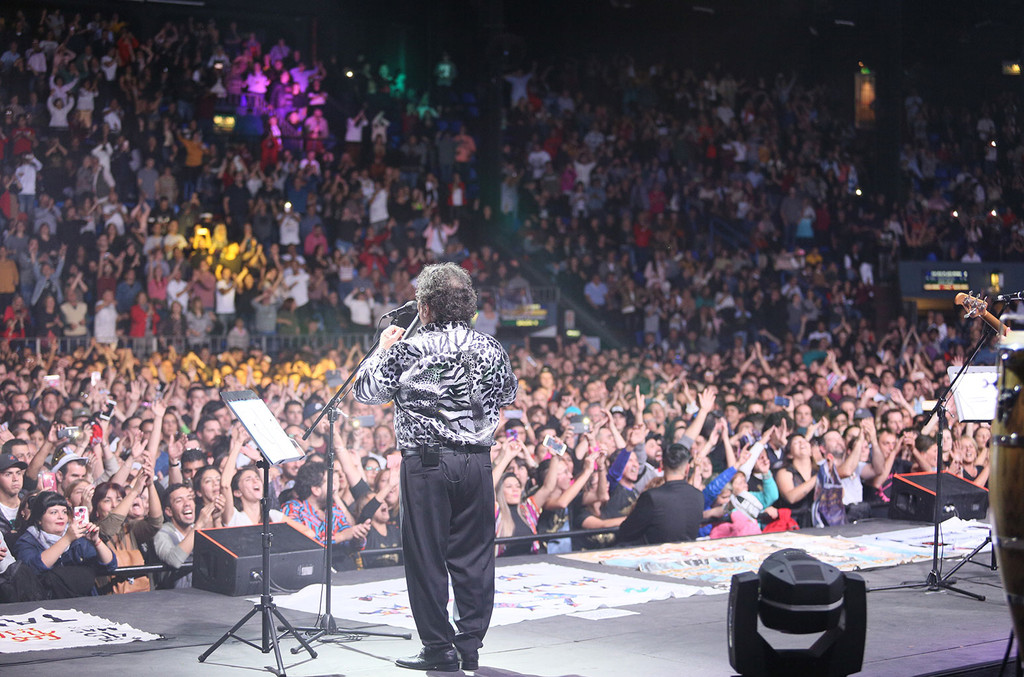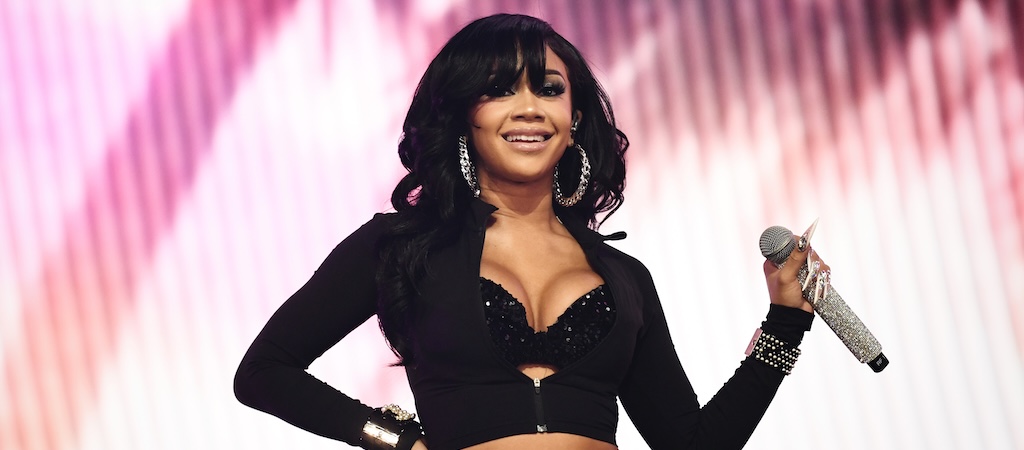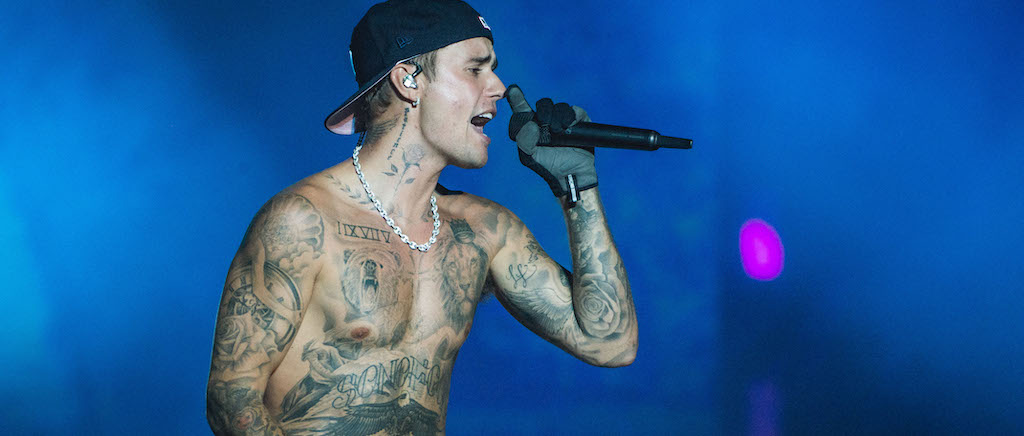Many artists have enjoyed years of success, but Los Palmeras have managed to reach the top of their career after 50 years. The group was formed in Santa Fe, Argentina, in 1968 with the idea of performing local cumbia, which includes touches of reggaeton and chamamé, a traditional rhythm from the northeast of the country.
It is made up of Rubén “Cacho” Deicas, Marcos Camino, Exequiel Enrique, Gustavo Martínez, Darien Jorge Grenon and Silvio Medina.
Although they have performed more than 10,000 times, the sextet is preparing what will be their greatest show ever at the Movistar Arena in Buenos Aires. The show, full of rhythms never played before by the band and with guests from all over the region, was scheduled for May 16 and canceled due to the coronavirus pandemic. The group waits to do it once the quarantine is over.
Argentine cumbia has long been looked at with disdain by many. And yet, Los Palmeras’ crossover into pop sensibility could not be stopped. Their performance during the 2019 South American Cup Final put them in touch with a wider audience, and people answered by taking their cry — “Aeea, yo soy sabalero” — and transforming it into an anthem.
Today, the group that made multiple generations of Argentines dance has erased social boundaries and currently enjoys the recognition of the entire industry, plus 1.5 million monthly listeners on Spotify. After they appeared on the cover of Billboard Argentina, they were a trending topic on social media.
On the country’s Independence Day, July 9, Los Palmeras will headline Billboard Argentina’s online festival to raise money for pandemic-relief charities alongside Luciano Pereira, Miranda! and Chano.
In a chat with Billboard Argentina via Zoom, Rubén “Cacho” Deicas (the group’s singer since 1978), Marcos Camino and Roberto “Kuky” Pumar (creator of Leader Entertainment) remember the early days, share their opinion of tropical music in Argentina and tell us what the future holds for them. “We never strayed from our style; the public was the one who changed,” Deicas said.
Do you feel respect from the industry and your colleagues?
Camino: Of course. It is more than evident, given we have performed so many duets with different artists of all sorts of genres, and many have called us to participate in the next duets album. We have received much respect from all of them, and the response of the public on YouTube and Spotify reflects the mood of the recording. It is a great moment for us. Unfortunately, everything was interrupted by Covid-19, but still, we are trying not to lose contact with the public and continue writing.
How did you reschedule your plans, considering the high number of live shows you usually perform on tour?
Camino: We’ve done a lot of shows throughout these 47, almost 48 years. But now, we are going to do our biggest show in Buenos Aires, at the Movistar Arena. For us, it is the great show that we never did. We are working hard for it, in terms of music, costumes, screens, the stage and our ideas. We want it to be something that has never been seen. There are things that people do not know about us, and we believe that it is the right time to show it to them. Who knows, see if we can make other types of music too.
Something urban or more folklore-oriented?
Camino: I was talking about what I played when I studied accordion: tango, waltzes, ballads. We’d like to take the opportunity to show the public what we are capable of. It’ll be exciting, with many guests and, of course, plenty of cumbia.
Deicas: The idea is to revisit the history of Palmeras through the music and show everything we went through and surprise the audience. The people have given us a lot through these many years, and we want to give it back in one unique night.
What was it like to sign with Leader in the late 1990s?
Pumar: When they arrived, they said: “One hundred hours of recording time is enough for us.” I couldn’t believe it; I thought they were saying it for me to sign them but they proved me wrong when they did the second album: It only took them 88 hours to finish it. They arrived at the studio with a level of rehearsal and confidence that I have not seen in my 37 years of producing.
In ’89, Leader Music began to develop many tropical music artists. The genre needed it: It was always the same three or four performers out all the time. We started looking for diversity, and I realized the great presence that Los Palmeras had on local radios. Cumbia was very marginal and quite rejected.
Palmeras bought their own radio space in Santa Fe in order to have their songs heard more and therefore be booked more. That is a very common procedure in the tropical scene. They are very used to investing in their own promotion. Anyway, we saw the “Palmera value,” so we bought the entire catalog from Santa Fe Recording — over 15 of their albums, including El Bombón Asesino. Today, we own more than 60 percent of Los Palmeras’ catalog.
Were you surprised by your performance on YouTube and Spotify?
Deicas: Of course. We were surprised in the best way. We are delighted with social media. You reach every country simultaneously without having to travel. The massivity we have achieved lately has turned the ear of many young people toward our songs, and they are the ones who spend all day on the apps and make us grow. The “Asado + Cumbia” playlists are packed with our songs.
Some say that Los Palmeras are the Rolling Stones of cumbia.
Deicas: No, not at all. While it is a great compliment for us to be compared to The Rolling Stones, in the end, it is the audience that supports you and shows affection to you in each performance. The fact they give us their hands while looking into our eyes is wonderful.
Camino: They say that Los Palmeras are the Rolling Stones of cumbia. Well, we say that The Rolling Stones are the British Los Palmeras.



